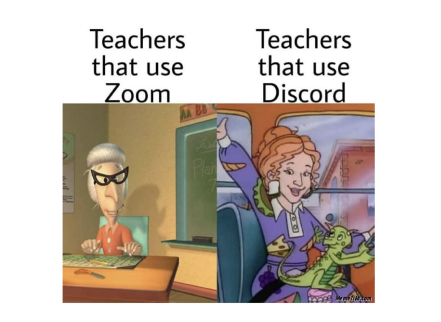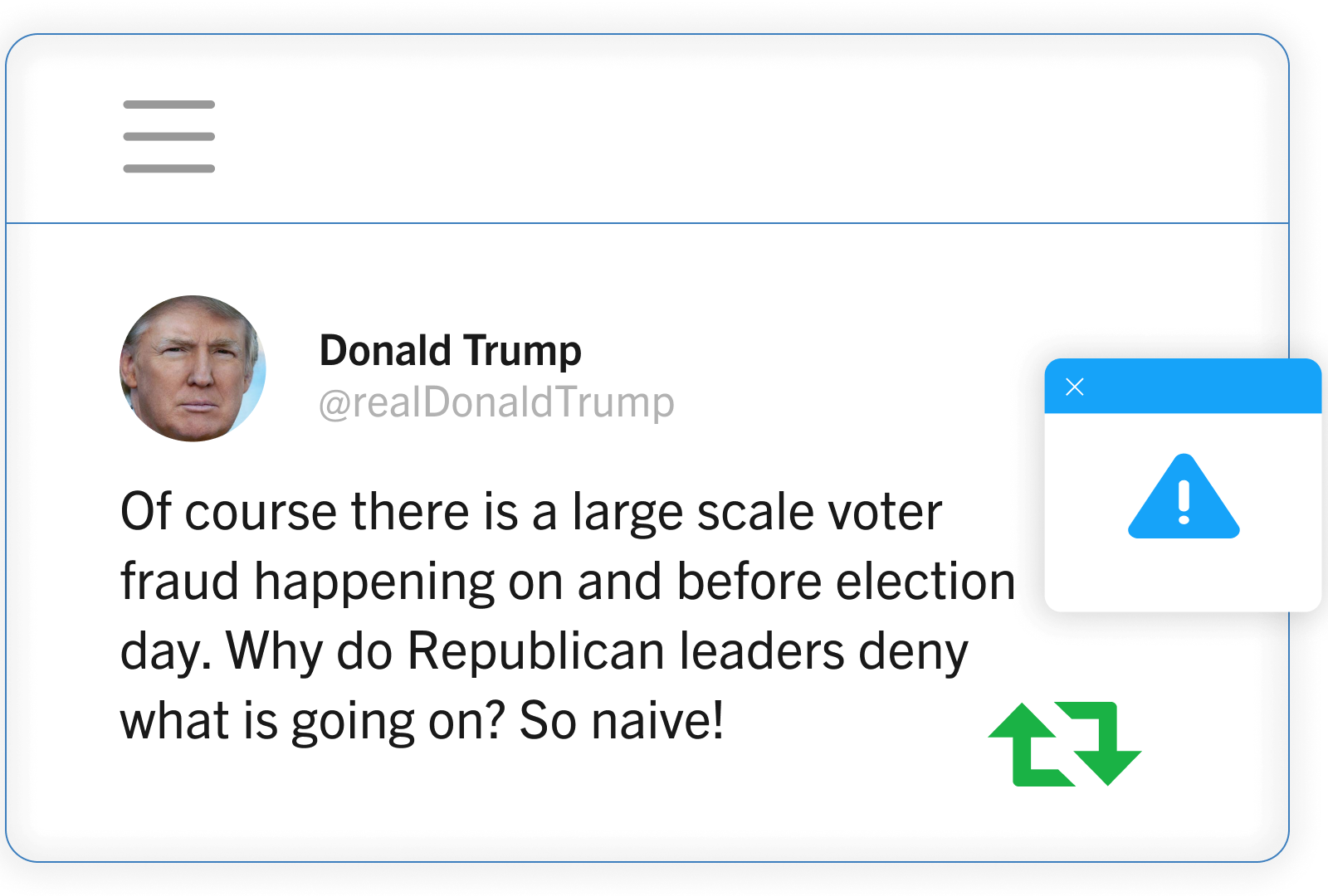Friends gather to watch a movie on Netflix Party; classmates trade study notes in a Discord channel; millions of viewers attend a live concert on Fortnite. Over on Animal Crossing, island-dwellers decorate their homes and visit each other.
These are the contours of our social life, defined by virtual hangouts in an age of physical distancing.
Plugged in
As social lives migrate online, communication apps and social games have been indispensable in keeping us connected.
These digital platforms attempt to recreate the feeling of in-person gatherings. Perhaps no other app has come as close to offering that experience as Discord, which allows users to connect over text, audio and video.
Originally designed for online gamers to play together in real-time, Discord gained traction with the mainstream with its customisable, collaborative platform.
Their servers are highly flexible; they can be private or public, remain exclusive to a small group of friends or host millions. People can come together to work and play, conversing freely about any number of topics across multiple mediums.













